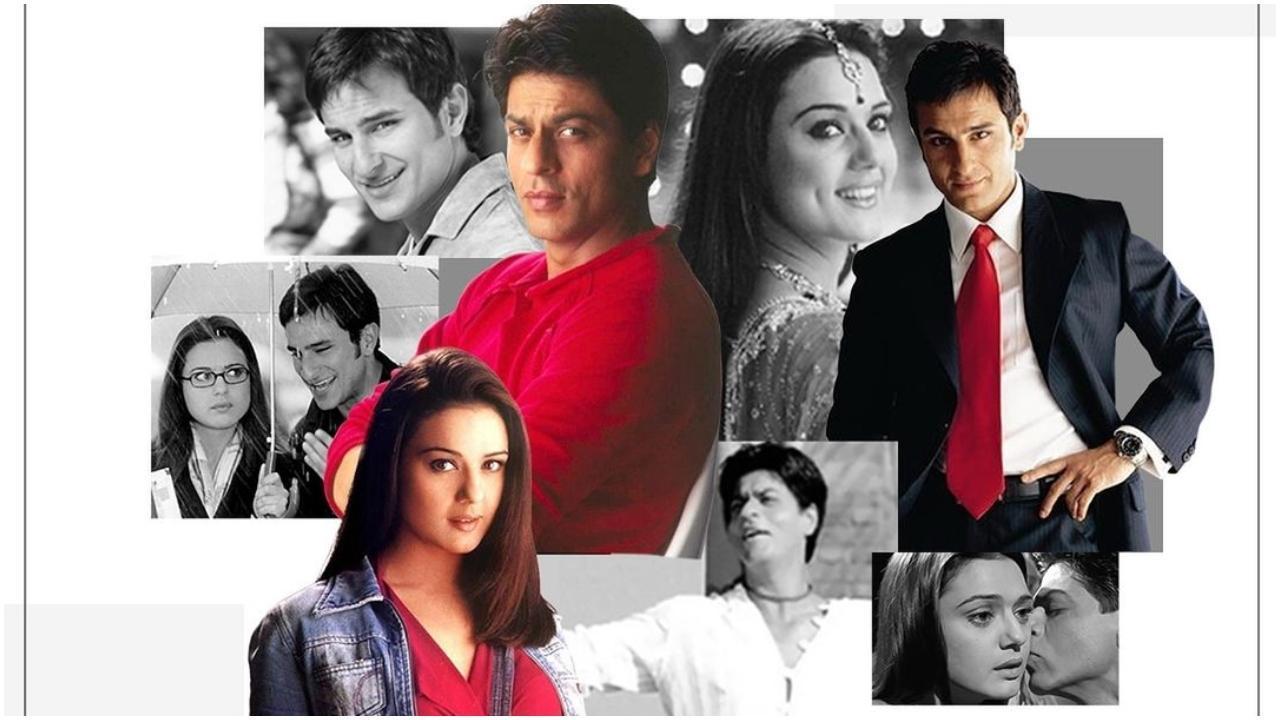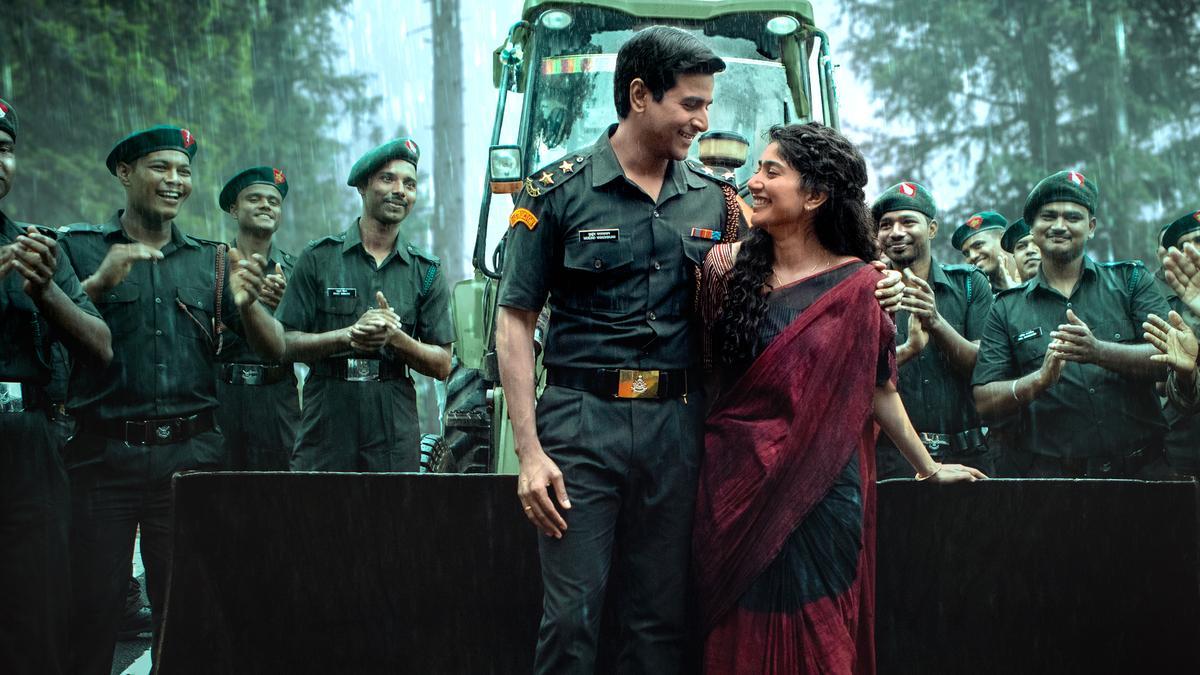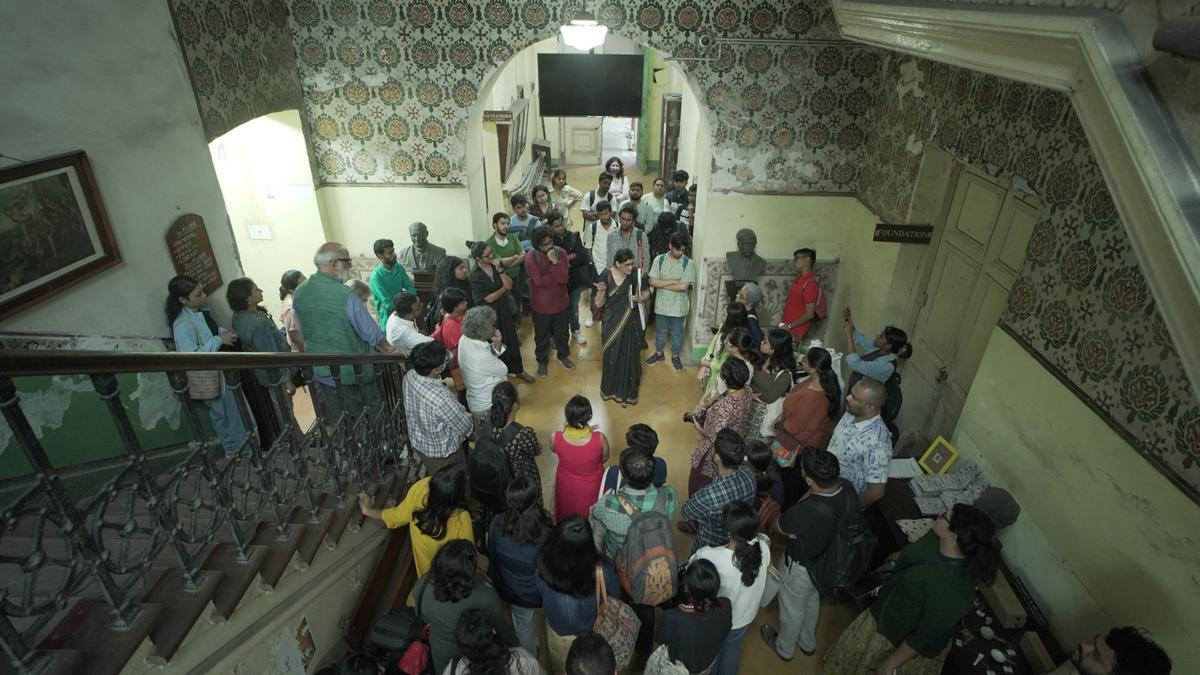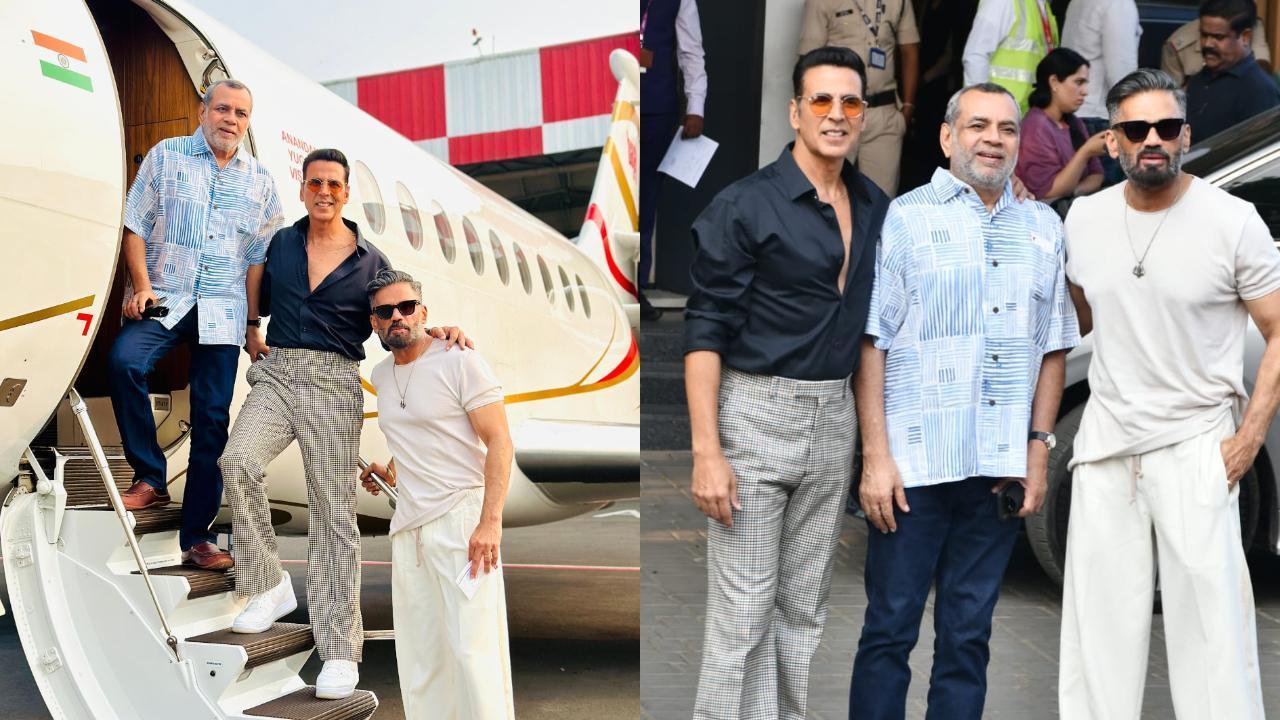
Set against the backdrop of a nation in euphoria over its newly acquired independence, the movie “Maidaan” is not just a film but a tribute to an era when Indian football reigned supreme in Asia. This cinematic piece arrives in an environment dominated by cricket fanatics, carving out a rare space of recognition for the country’s other beloved sport—football. At its heart, “Maidaan” pays homage to Syed Abdul Rahim, the visionary coach who catalyzed Indian football’s golden age. Directed by Amit Ravindernath Sharma, the film is tinged with a touch of sorrow as it poignantly notes the passing of Indian football legends P.K. Banerjee, Chunni Goswami, and Tulsidas Balaram—all pivotal in securing India the 1962 Asian Games gold in Jakarta.
Ajay Devgn stars as the stoic, chain-smoking Rahim, guiding the narrative with passionate commitment. Without succumbing to excessive romanticism, the film reintroduces audiences to a time when the sport enchanted the dreams of Indian youth, showcasing scenes where shoeless players were overpowered by European teams but commanded respect on the field. “Maidaan” refuses to follow the expected sentimental path, or to caricature Rahim’s Muslim identity, even though it releases on Eid.
A standout element is the film’s riveting sports action, elevated by A.R. Rahman’s energizing background score—a first-time experience in Hindi cinema. Russian cinematographer Andrey Valantsov deftly captures the on-field tensions, letting the audience vicariously feel each moment of sweat and blood shed by the players. The editing by Shahnawaz Mosani is razor-sharp, rendering Rahim’s innovative 4-2-4 formation and the intricate game moves on the field with remarkable precision.
“Maidaan” does not hold back on its research, prompting reflection on other unsung heroes like Jarnail Singh, who Rahim turned from a defender into a striker, and the injured-yet-resilient goalkeeper Peter Thangaraj, portrayed by Tejas Ravishankar. The film also acknowledges players like the steadfast half-back Fortunato Franco and reliable mid-fielder Arun Ghosh.
Artistically, the film’s production design impresses with the kind of polish typical of high-end commercials—a nod to director Amit’s background in advertising. What could have turned into a blatant display of visual branding is skillfully navigated to avoid overt commercialism.
Despite its emotional reservoir, “Maidaan” opts for a restrained approach, resisting the urge to dramatize Rahim’s personal trials against a terminal illness or his fair selection of team members over his own son. However, the portrayal of the stereotypical antagonist sports journalist and the scheming administrator borders on caricature, somewhat deflating the complexity of the narrative.
At over three hours in length, “Maidaan” occasionally succumbs to predictability, with scenes hinting at bureaucratic conspiracies that fall short of surprising the audience. The film’s devotion to its heroes leads to a loss in exploring the real tensions and humor in the locker room, and while the notorious Bengal-Hyderabad rivalry is alluded to, it’s never fully delved into.
Ajay Devgn’s performance is a robust anchor throughout, effectively conveying Rahim’s dedicated and pained demeanor. Nevertheless, intriguing aspects of Rahim’s character like his affection for Urdu poetry are left unexplored. Priyamani, who plays Rahim’s wife, struggles to keep in step with the emotional depth demanded of her character.
Ultimately, “Maidaan” presents itself as an incentive for younger generations to move their love for football from virtual platforms to actual playfields. It counters the notion that Indian football was buried with Rahim, igniting hope for a resurgence in the sport’s popularity.
Set to hit theatres on April 11, “Maidaan” is a clarion call, inviting India to remember a time when football was not just a game, but a symbol of national pride and unity.










